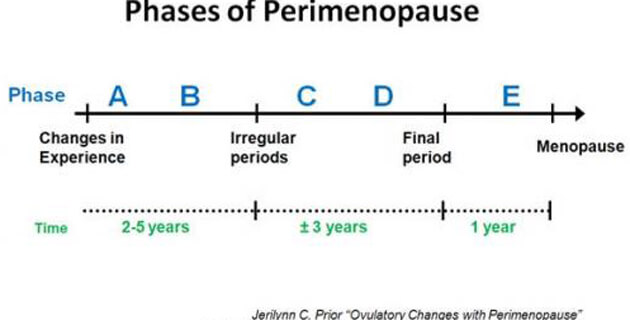From Dr. Paul Corona’s book, Healing the Mind and Body, Volume 2
Unfortunately, there’s no uniform female response to the onset of menopause (perimenopause symptoms), moving through it and transitioning out of it. The psychological passage from fertility to infertility produces a variety of physical and psychological responses in women. Some react to it negatively as a sign of aging. Others are caught off guard by it.
Whatever the case, women begin to experience perimenopause symptoms as separate symptoms, i.e., irregularity in their menstrual cycles, weight gain, disturbed sleep patterns, the inability to control their tempers, and the infamous hot flashes.
Once again hormonal changes will affect a woman’s neurochemistry, which can sometimes trigger negative emotions besides the physical perimenopause symptoms that normally occur. This is one of those opportune times when we can assist women who experience a psychological downturn by working with them to balance not only their hormones but their neurotransmitters.
Our goal is to diminish the negative effects of chemical changes in their nervous system. This means that besides hormone replacement therapy, we will have to address any other underlying medical problems such as hypertension, diabetes, high cholesterol and so on. Nevertheless, psychotropic agents can also help reduce hot flashes and other perimenopause symptoms, as well as to help improve physical and emotional ailments.
In my experience, correcting or ameliorating a patient’s chemical imbalance not only produces an improvement in their mood but also in their overall mental and physical health. Some women report that their thinking is more clear and their outlook on the future has brightened. Other women who began to perceive themselves as less attractive began to feel “alive” again. And, patients are more inclined to make eating and exercise changes as a result.
Various medications such as Topamax decrease the craving for comfort foods that are high in carbohydrates or sugar. In other cases, patients report that they no longer feel the need for nicotine or alcohol.
Wellbutrin can also improve energy, sex drive and sexual functioning, motivation and can help with increasing the metabolic rate with resultant weight loss.
Life transitions marked by hormonal change can be frustrating times that, in many instances, trigger negative consequences. These are exactly the times when the intervention of the family physician can offer real hope for a better life experience, not only for the patient but for the entire family.
With proper counseling and a rational use of available medication, women need not suffer and struggle through these seasons of life on their own.
If you or someone you love is experiencing these symptoms, please contact me for an initial discussion. Just complete this Appointment form to get started.




